Description
Location: Gera, Djimma
Farmers: Very select group of local farmers
Altitude: 1975 MASL
Arabica varietal: JACR Varieties, Local Landraces
Process: Fully Washed
Farmers: Small Landholders
Producer: Qoree Washing Station
In the cup: Black Tea Cardamom Cola Creamy Honey Jasmine Orange Orange Blossom
Qoree Washing Station is located in Gera district, in the well-known coffee-growing region, Djimma. Qoree previously focused on commercial coffee production, but after being purchased by Sucafina’s partner, Qaqe Industrial and Trading PLC, has shifted focus to specialty coffee production.
Our sister company, Sucafina Ethiopia partners with Qaqe to engage directly with farmers. At Qoree station, Sucafina Ethiopia provides training and technical, and helps increase market access for farmers.
Gera is in the highlands and gets cooler, wetter weather than other areas of Djimma. There is also more shade cover that, combined with frequent rainfall, results in well-irrigated farms producing sweet, flavorful coffees.
Most farms in Gera are grown in semi-forest systems, typically under 1 hectare.
Farmers selectively handpick cherry and most deliver their cherry to Qoree washing station. At intake, cherry is floated to remove underripes and visually inspected for any damaged cherry. Cherry is pulped on the station’s disc pulper and wet fermented for 18 to 24 hours.
After fermentation, parchment is washed in clean water and moved to raised beds to dry. At the beds, workers will pick over drying parchment to remove any damaged or defective parchment. Drying parchment is turned regularly to ensure even drying. Parchment typically takes about 14 to 18 days to dry.
Grades in Ethiopia depend on visual inspection for defects and on cup quality. Grade 1 is considered the highest quality coffee. Grade 1 and 2 are considered specialty coffee, grade 3-9 are classified as commercial coffee. Grade 1 is free of cup faults and taints and has zero quakers.
While Ethiopia is famous as coffee’s birthplace, today it remains a specialty coffee industry darling for its incredible variety of flavors. While full traceability has been difficult in recent history, new regulations have made direct purchasing possible. We’re partnering directly with farmers to help them produce top quality specialty lots that are now completely traceable, adding value for farmers and roasters, alike.
The exceptional quality of Ethiopian coffee is due to a combination of factors. The genetic diversity of coffee varieties means that we find a diversity of flavor, even between (or within) farms with similar growing conditions and processing. In addition to varieties, processing methods also contribute to end quality. The final key ingredients for excellent coffee in Ethiopia are the producing traditions that have created the genetic diversity, processing infrastructure and great coffee we enjoy today.
Most producers in Ethiopia are smallholders, and the majority continue to cultivate coffee using traditional methods. As a result, most coffee is grown with no chemical fertilizer or pesticide use. Coffee is almost entirely cultivated, harvested and dried using manual systems.
(Info Courtesy of Sucafina)
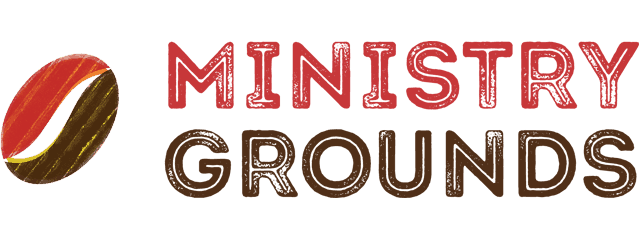
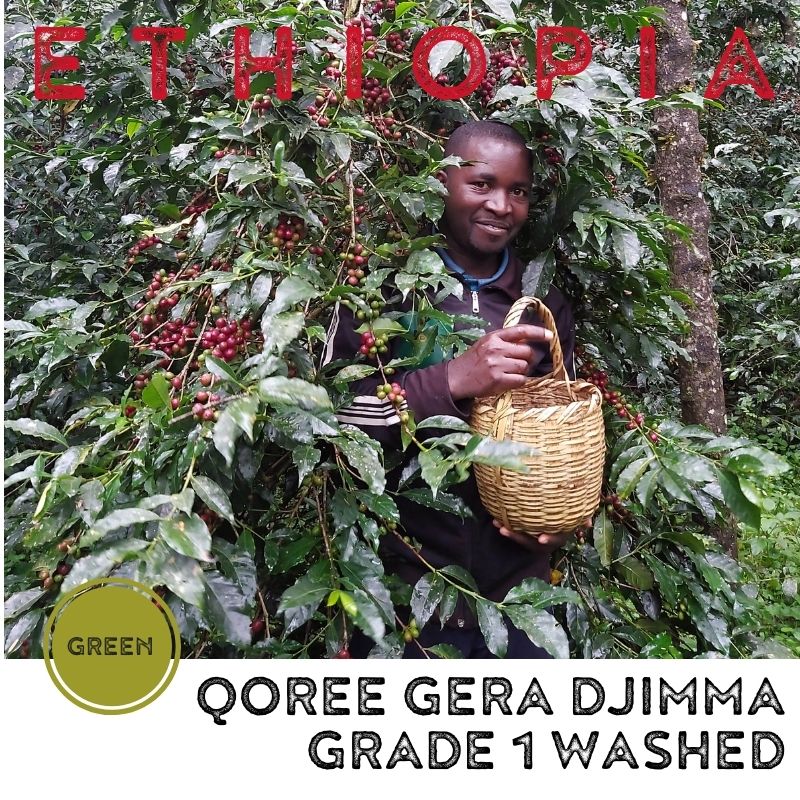
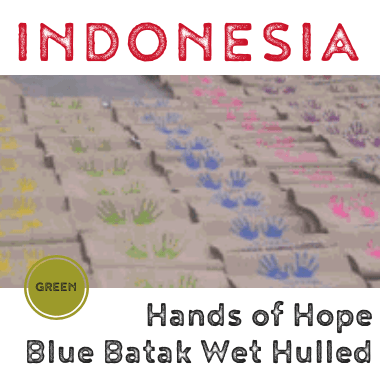
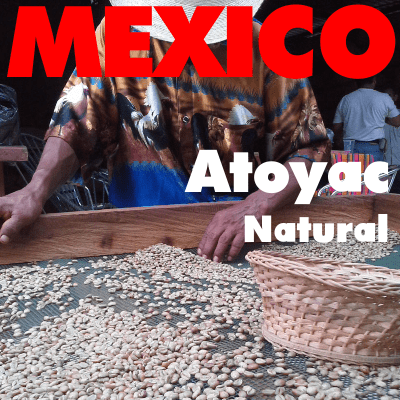
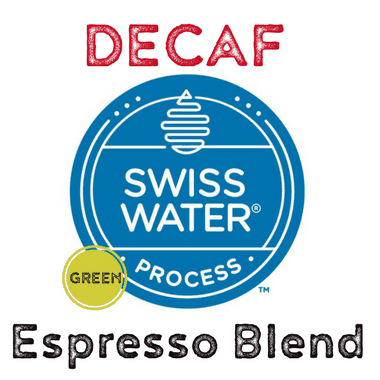
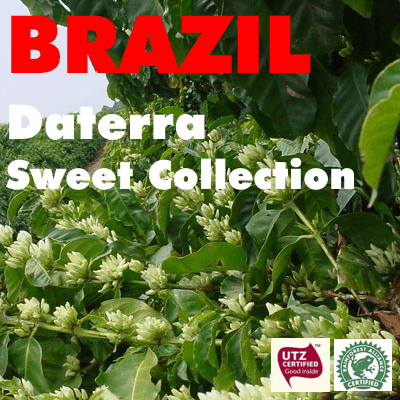
Reviews
There are no reviews yet.